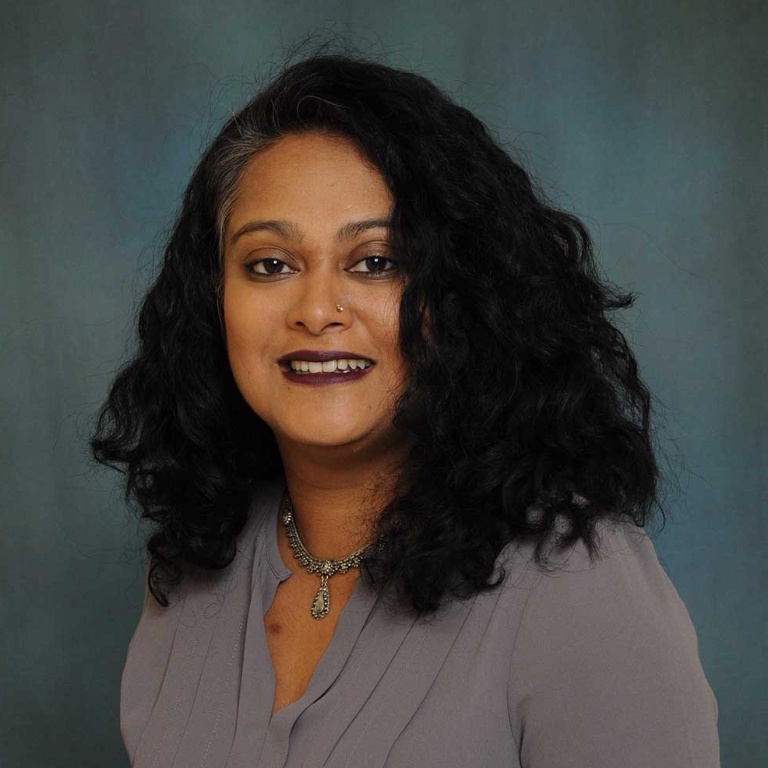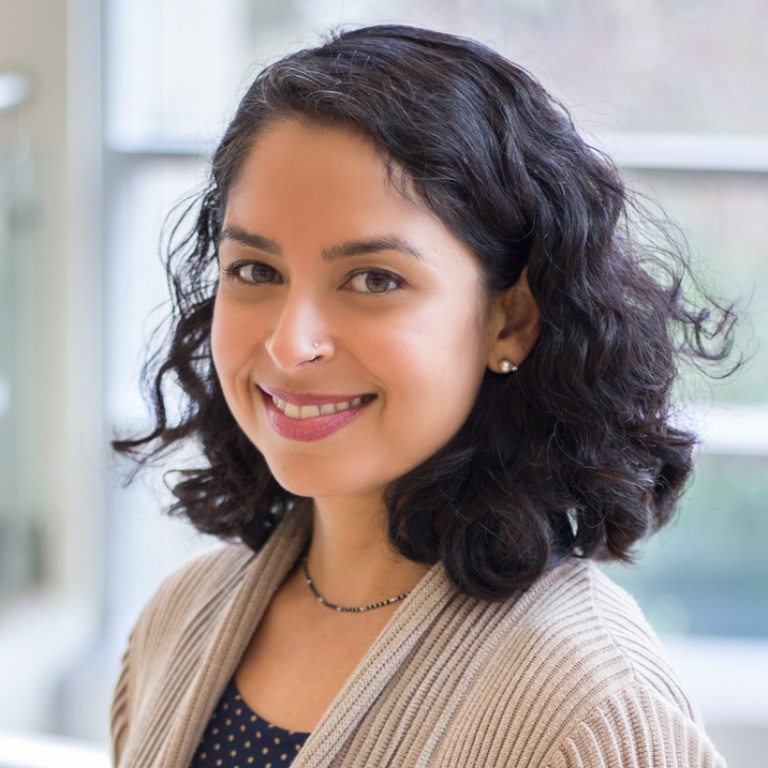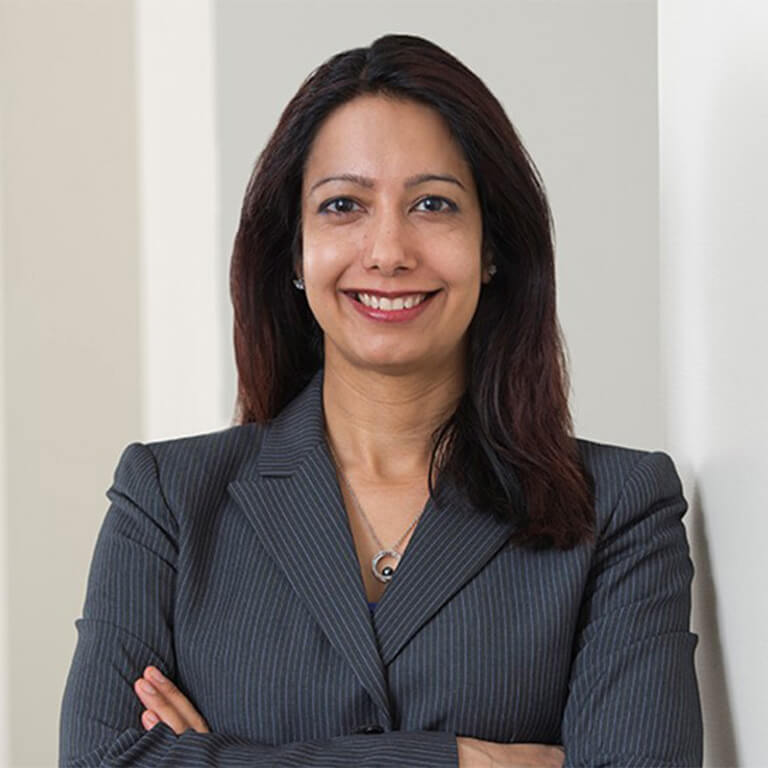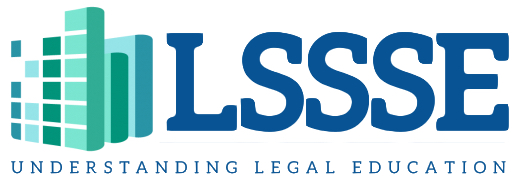Registration Now Open (NO CHARGE)
Did you miss COVID Care Crisis Symposium, Part I?
View the recapThe COVID Care Crisis Symposium held in January 2021 convened dozens of scholars to theorize about what the organizers labeled as the unfolding “COVID Care Crisis” and its effects on legal academia. During that two-day event, scholars, teachers, students, and practitioners shared the difficulties of managing the demands of work and the constantly shifting changes to care infrastructures. The Symposium amplified the voices of caregivers and sounded the alarm on how disparities, if left unaddressed, could alter the landscape of academia long into the future and further marginalize women and scholars of color as well as other primary caregiving faculty and staff. Many speakers published their Symposium papers in a just-released volume in FIU Law Review as well as in other venues.
As we enter the third year of COVID, we see in schools, workplaces, and public spaces a push to “return to normal.” Schools at all levels are now mostly back to in-person instruction; masking, testing, and other protective measures are declining or disappearing. Yet caregivers remain in a bind, with limited options or institutional support. COVID outbreaks continue as do school closures. Moreover, with the end of masking, people with disabilities and immunocompromised people, as well as their caregivers, are in a precarious position. Young children have not been vaccinated and remain vulnerable. And the effects of long COVID are only now being studied. The negative impacts of the pandemic are falling hardest on marginalized students, faculty and staff and their families.
Yet institutional and structural responses have been minimal or lacking entirely. Even the simplest accommodations from the early stages of the pandemic are now harder to obtain. For many the conditions of employment have become so unacceptable that they have led to an exodus from formal or in-person work. The losses in research, knowledge production, career progression and even visibility that were predicted for caregivers as the pandemic began have materialized, but have been generally met by silence. The collapse in work-life balance is ongoing, but no longer a subject of discussion. While many of us have returned to work, work has changed and yet the challenges have remained or even intensified.
This second symposium seeks to take stock of COVID responses and to re-envision the workplace, to imagine the future of work, and to dream new realities for the academy. For legal academia, what has changed? And if change has not come, why not? And for the future, what changes can we envision and implement—individually, collectively, and institutionally? The hard work of rebuilding, renewal and re-imagining has begun, and we invite you to join us in naming, theorizing, and building solidarity to meet these challenges.
Conference Schedule
8am PST/11am EST to 2:30pm PST/5:30pm EST
Introduction:
11:00 EST
Opening Remarks from Cyra Akila Choudhury, Meera Deo, and Shruti Rana
11:30-12:40 EST
Panel 1: Emerging Lessons: Learning from the Pandemic Experience
- Diane Kemker(Moderator), Hybrid For Now, Forever, or Never Again?: The Future of the Law School Conference
- Kishore Dere, Legal Academia and Virtual Education: A New Reality and Post-Pandemic Necessity
- Elisheva Cohen and Laura Wangsness Willemsen, Caring in the Academe: What Can We Learn from K-12 Teachers?
12:45 - 1:55 EST
Panel 2: Valuing Caregiving and Pandemic Experiences: Evaluating Faculty in the Midst of Crisis
- Aaron Ganci(Moderator), Memorializing the Pandemic through a CovidCV
- Catherine Duryea, Stopping the Clock Won't Stop the Hardship
- Brenda Gibson, Teaching in the Midst of Trauma
2:00 - 3:10 EST
Panel 3: Accommodating Difference in the Legal Academy
- Ann Bartow(Moderator), The Americans with Disability Act v. The University
- Dina Francesca Haynes, Who Does Remote Learning Benefit?
- Stephanie Moore, The Classroom Caregiver
3:15 - 4:20 EST
Panel 4: Theorizing Care and Work: Pasts and Futures
- Shruti Rana(Moderator), Theorizing the COVID Care Crisis in International Law
- Cyra Akila Choudhury, A Critique of Self-Care, Explicit Discrimination and the Political Economy of Fear in the Legal Academy
- Etienne Toussaint, Reimagining the Law School Classroom
4:25-5:30 EST Close of Day 1.
11am EST to 4:45pm EST
11:00 – 11:30 EST Opening Introductions
11:30-12:40 EST
Panel 5: The Care Crisis in Comparative Perspective
- Brittany Raposa(Moderator), Failing Families: The Pandemic’s Impact on Young Families in the Legal Academy and Pursuing Reproductive Justice
- Eugenia Caracciolo Di Torella and Troy Lavers, We are not in the same boat:
The gendered impact of the pandemic in the UK and its goals on gender equality in the future
- Katyayani Suhrud, Gaining from Loss/Building from Loss: A Covid-19 Education
12:45 – 1:55 EST
Panel 6: Teaching/Learning: Pedagogy through the Pandemic Portal
- Debra Moss Vollweiler(Moderator), One Class, Three Schools, Three Modalities: Lessons Learned
- Jamie Abrams, Centering Accountability for Inclusive Classrooms in Legal Education's Curricular Core
- Amanda Fisher and Matthew Marin, Memory: The Past, Present, & Future of Law School Exams
2:00 - 3:30 EST
Plenary Session
- Jasmine Harris(Moderator)
- Jessica Calarco and Elizabeth Anderson, By Default: How Mothers in Different-Sex Dual-Earner Couples Account for Inequalities in Pandemic Parenting
- Tina Cheuk, A Framework for How Pregnant & Parenting Students Can Belong and Thrive
- Meera Deo, Pandemic Parenting
- Anne Joseph O’Connell, Updates from the Stanford Survey & Support for Untenured Faculty
3:35 – 4:45 EST Closing Session: Envisioning Futures
Conference conveners

Cyra Akila Choudhury
Professor of Law, Florida International University; Founder, Critical Legal Academics and Scholars International Collective (CLASIC)
Email Prof. Choudhury
Meera E. Deo
The Honorable Vaino Spencer Professor of Law, Southwestern Law School; Affiliated Faculty, American Bar Foundation (ABF); Director, Law School Survey of Student Engagement (LSSSE)
Email Prof. Deo
Shruti Rana
Senior Assistant Dean, Curricular and Undergraduate Affairs; Diversity Officer; Director, International Law and Institutions Program, Hamilton Lugar School & Affiliated Professor of Law, Maurer School of Law
Email Dean RanaCo-sponsors
![]()




